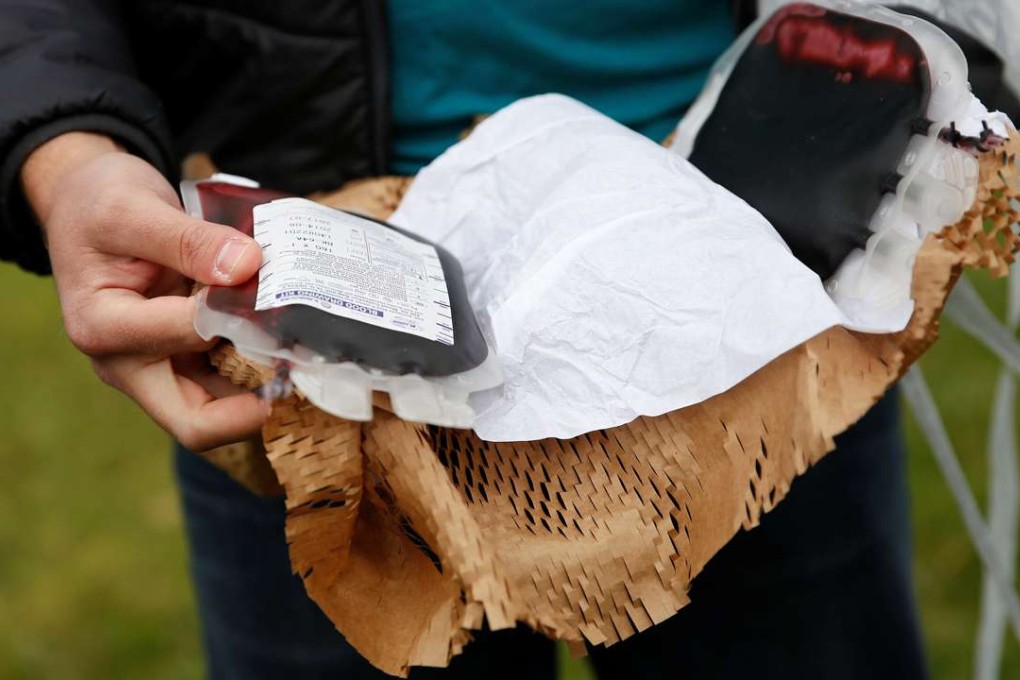Advertisement
How Hong Kong can join the global pursuit for truly useful technology
James Chen believes the remarkable growth of the city’s start-up ecosystem can help the world find solutions to everyday problems
Reading Time:2 minutes
Why you can trust SCMP

The decision of Web Summit founder Paddy Cosgrave to launch its first spin-off event in Hong Kong last year was a resounding endorsement of the city’s entrepreneurial potential and global ambition. The Rise summit returned to Hong Kong this year, and again brought together world-leading entrepreneurs and investors. This year, however, the city is more confident of its entrepreneurial strengths.
The past 12 months have seen a landmark government investment of HK$2 billion into an innovation and technology venture fund, as well as the creation of Alibaba’s HK$1 billion investment initiative for Hong Kong entrepreneurs.
Research firm Compass has estimated that there are over 2,000 active start-ups in Hong Kong, making it the world’s fifth-fastest-growing start-up ecosystem. The potential benefits are not limited to job creation or economic growth. The innovations that have come out of the world’s start-up hubs have created new industries, and sparked progress where it’s needed most.
Advertisement

The Hong Kong workshop teaching kids to make drones, robots, wearable tech and 3D printers
For example, drone technology is transforming health care and aid provision in developing nations. This summer, a start-up called Zipline will launch a service to deliver blood to hospitals and health centres across Rwanda. Drone technology is also being used by aid groups to overcome the infrastructural problems that have hampered many projects.
Advertisement
Advertisement
Select Voice
Select Speed
1.00x